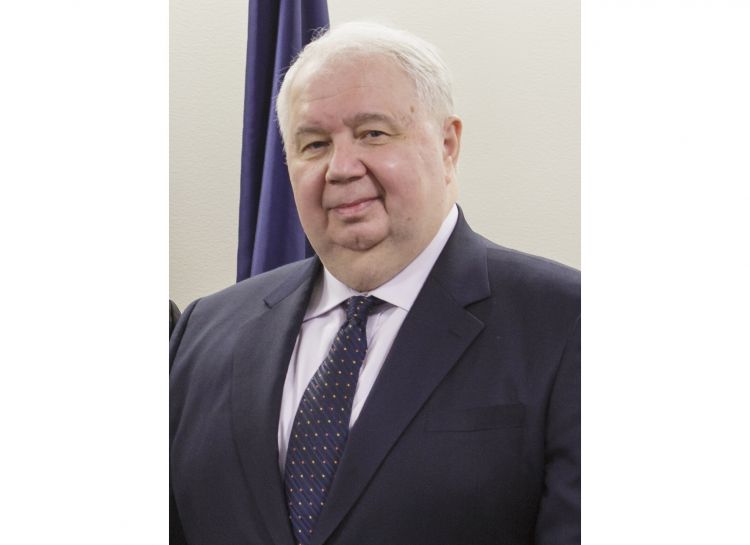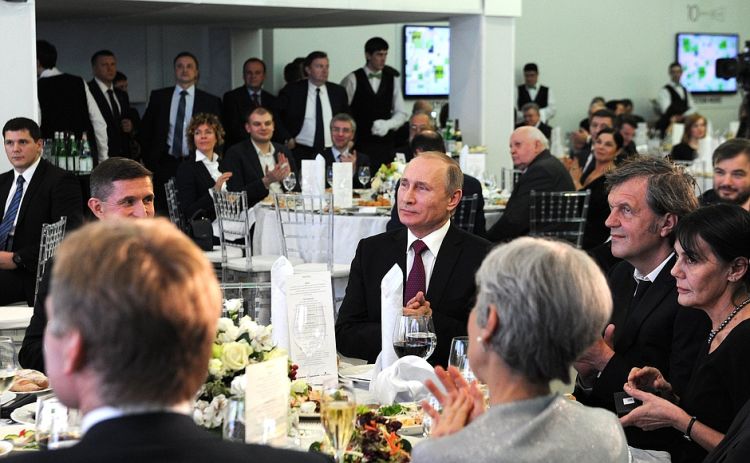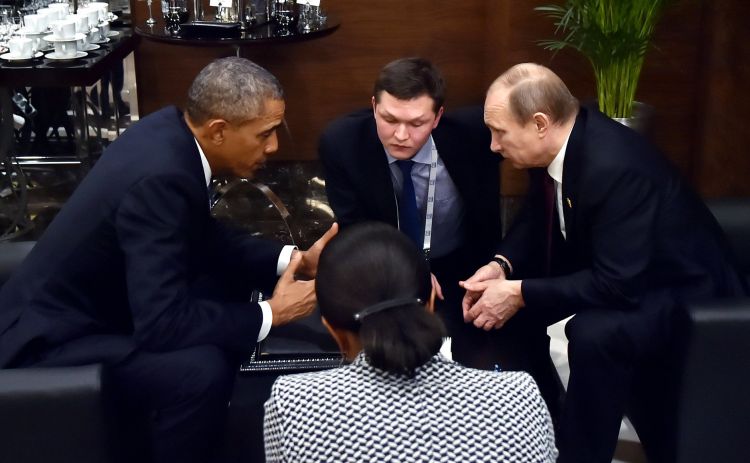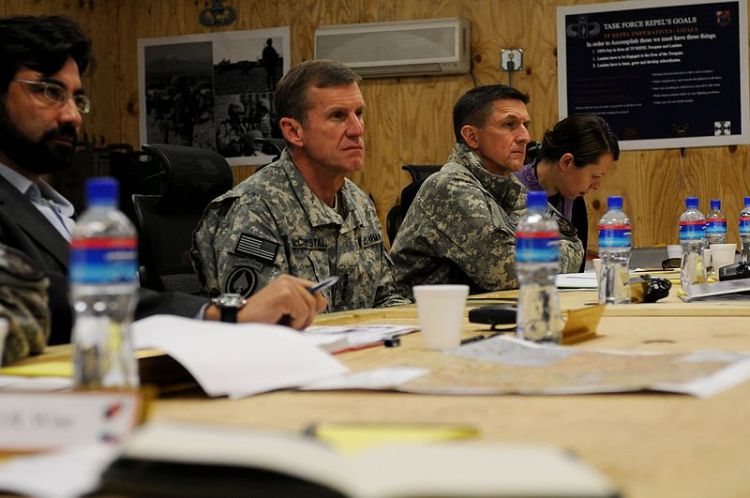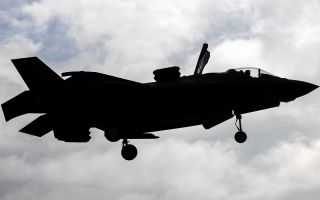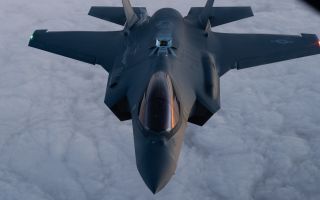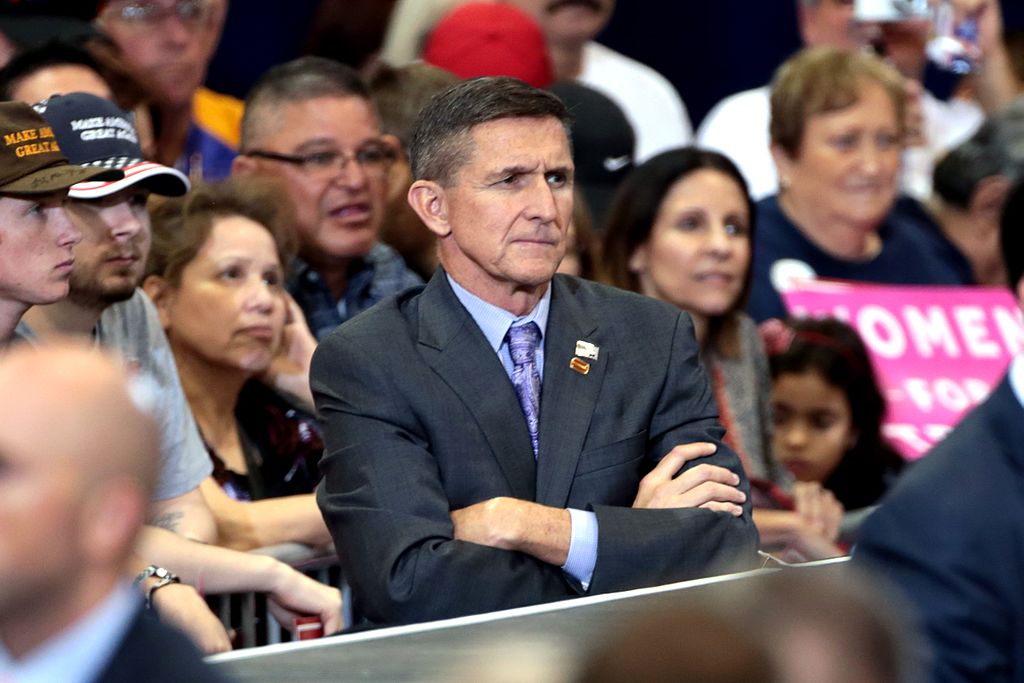
Trump's Controversial National Security Advisor Resigns

Fired by one commander-in-chief, Michael Flynn has now delivered his resignation to another.
President Donald Trump's senior advisor has resigned just three weeks into the new administration.
A 'TROUBLING' SITUATION
Mr Flynn officially resigned late on Monday due to his contact with Moscow's ambassador to Washington, Sergey Kislyak.
The pair are alleged to have discussed US sanctions on Russia late last year.
It is illegal in America for private citizens to conduct US diplomacy.
The uncertainty about his future had deepened on Monday when the White House issued a statement saying Mr Trump was "evaluating the situation" surrounding Mr Flynn.
In his resignation letter, Mr Flynn said he held numerous calls with Mr Kislyak during the transition and gave "incomplete information" about those discussions to Vice President Mike Pence.
Flynn was also at the centre of a controversy in 2014 when his military career ended as President Obama dismissed him as head of the Defence Intelligence Agency.
Michael Flynn has said he was pushed out for holding tougher views than President Obama on Islamic extremism, but a former senior US official said he was fired for insubordination after he failed to follow guidance from superiors.
In December 2015, he appeared at a Moscow banquet headlined by Russian President Vladimir Putin.
In 2016, Mr Flynn, a lifelong Democrat, became a trusted and eager confidant of Trump, joining anti-Hillary Clinton campaign chants of "Lock Her Up" and tweeting that "Fear of Muslims is RATIONAL" with links to anti-Islam videos.
As national security adviser, Mr Flynn required no Senate confirmation vote or extreme vetting of his record.
The Washington Post and other US newspapers, citing current and former US officials, reported last week that Mr Flynn made explicit references to US sanctions on Russia in conversations with Mr Putin's ambassador, Mr Kislyak.
One of the calls took place on December 29, the day President Obama announced new penalties against Russia's top intelligence agencies over allegations that they meddled in the election with the objective of helping Mr Trump win.
While it is not unusual for incoming administrations to have discussions with foreign governments before taking office, the repeated contacts just as the US was pulling the trigger on sanctions suggests Mr Trump's team might have helped shape Russia's response.
They also contradicted denials about discussions had by several Trump administration officials, including the vice president.
Some Democratic politicians want a congressional investigation.
For days, Mr Trump had been publicly and unusually quiet on the matter.
While his aides declared the president has confidence in Mr Flynn, Mr Trump privately told associates he was troubled by the situation, according to a person who spoke with him recently.
A LONG MILITARY SERVICE
Mr Flynn's impressive military CV had included key assignments at home and abroad, and high praise from superiors.
The son of an army veteran of the Second World War and the Korean War, Mr Flynn was commissioned as a second lieutenant in May 1981.
He started in intelligence and eventually rose to senior positions, including intelligence chief for US Central Command.
Ian McCulloh, a Johns Hopkins data science specialist, became a Flynn admirer while working as an army lieutenant colonel in Afghanistan in 2009.
At the time, Mr Flynn ran intelligence for the US-led international coalition in Kabul and was pushing for more creative approaches to targeting Taliban networks, including use of data mining and social network analysis, according to Mr McCulloh, who credits Flynn with improving the effectiveness of US targeting:
"He was pushing for us to think out of the box and try to leverage technology better and innovate. A lot of people didn't like it because it was different".
After leaving the military, Mr Flynn opened his own consulting firm, Flynn Intelligence Group, assembling a crew of former armed forces veterans with expertise in cyber, logistics and surveillance. One "team" member was lobbyist Robert Kelley.
Mr Kelley proved a central player in the Flynn Group's decision to help a Turkish businessman tied to Turkey's government. While Mr Flynn was advising Mr Trump on national security matters, Mr Kelley was lobbying legislators on behalf of businessman Ekim Alptekin's firm between mid-September and December last year, documents show.
Mr Flynn stirred controversy with serious warnings about Islam, calling it a "political ideology" that "definitely hides behind being a religion".
In contrast, his alarms did not extend to Turkish President Recep Tayyip Erdogan's government as it cracked down on dissent and jailed thousands of opponents after a failed coup last summer.
Cover image: Gage Skidmore
